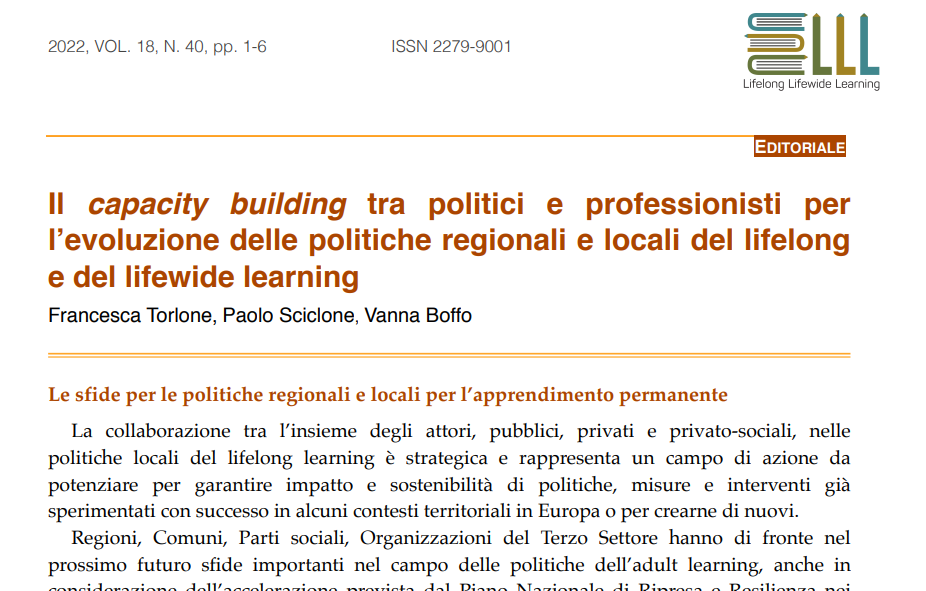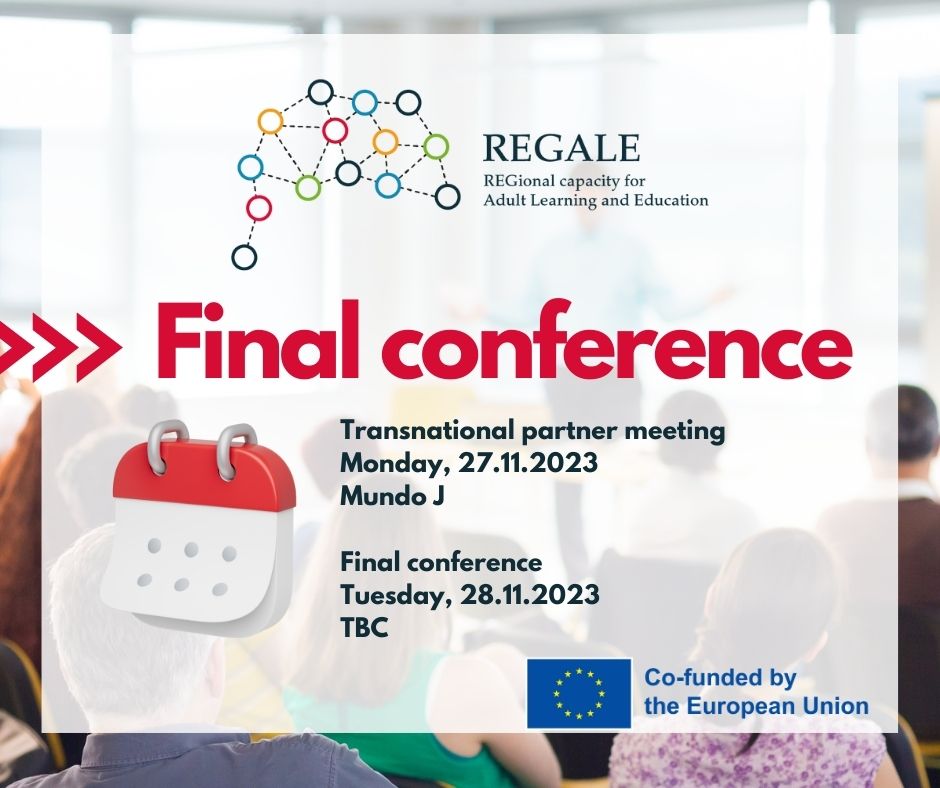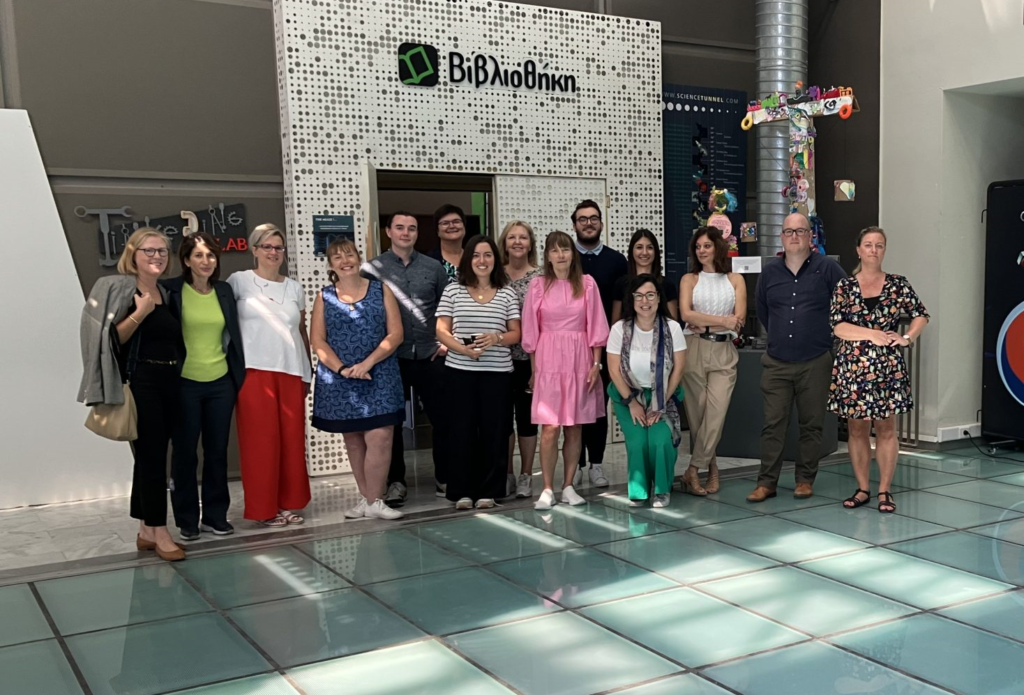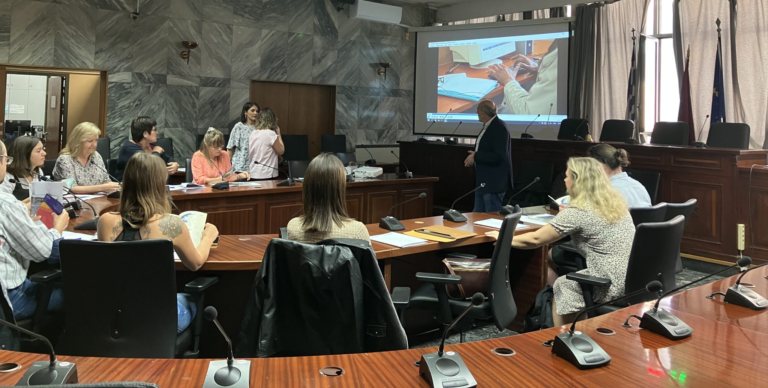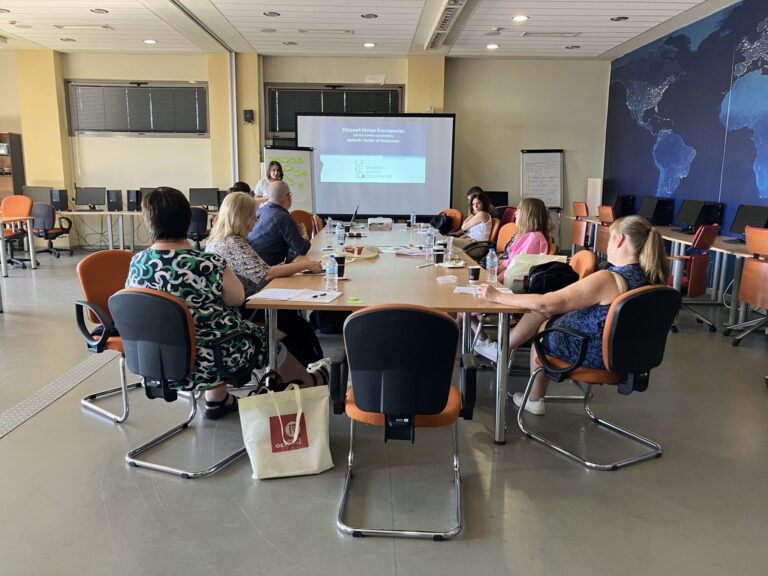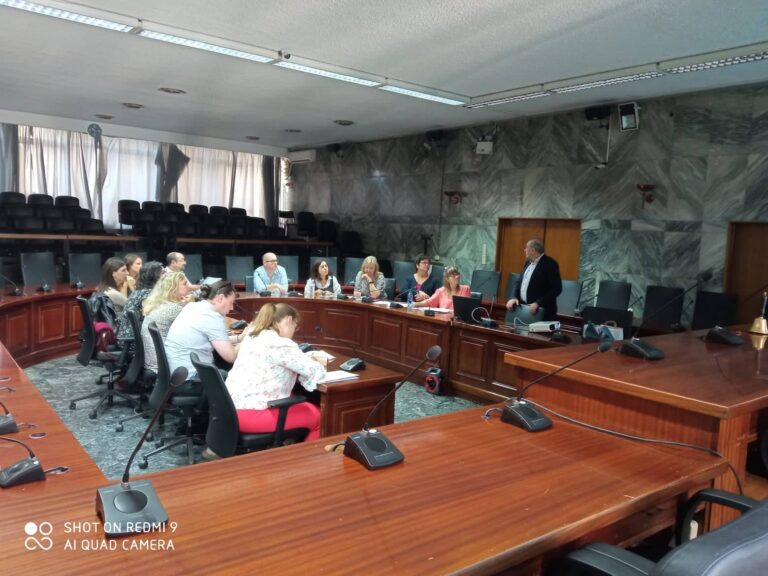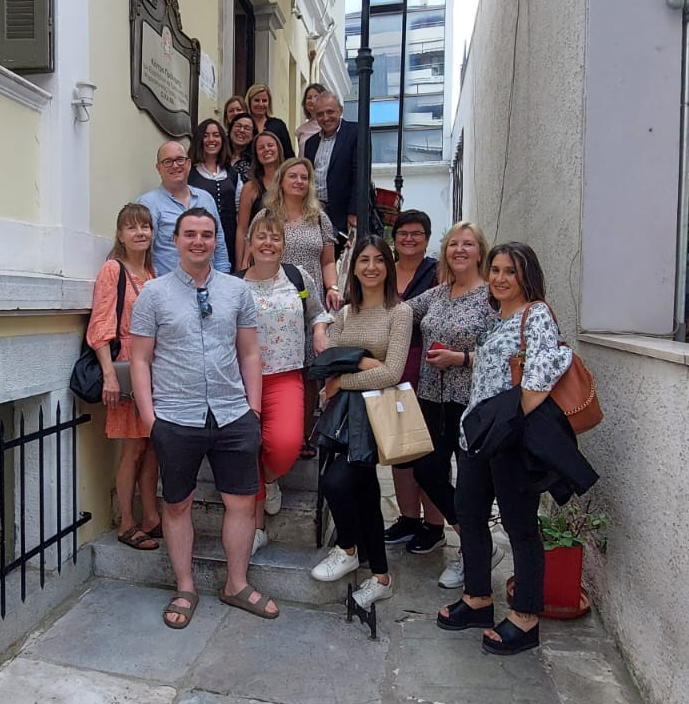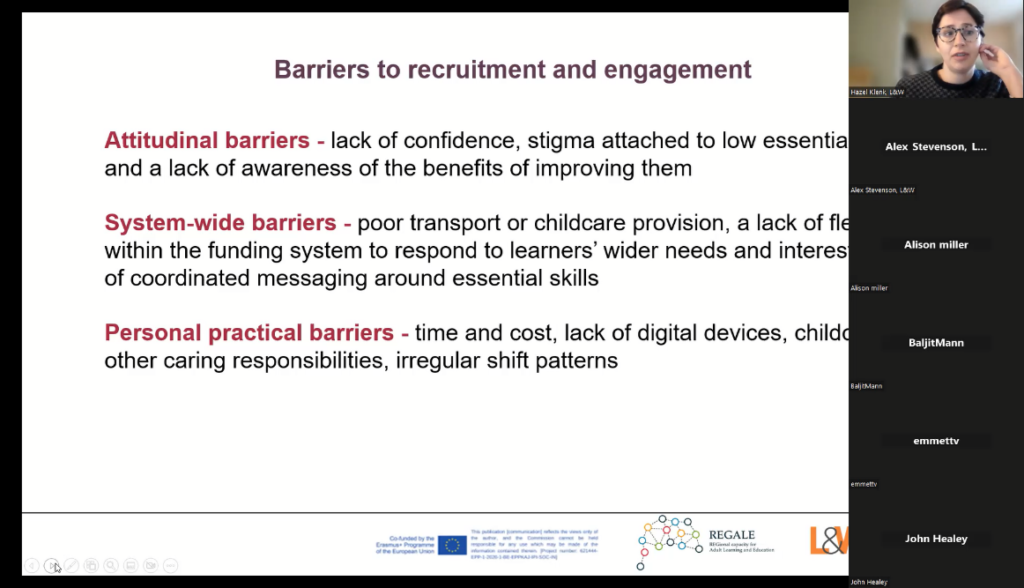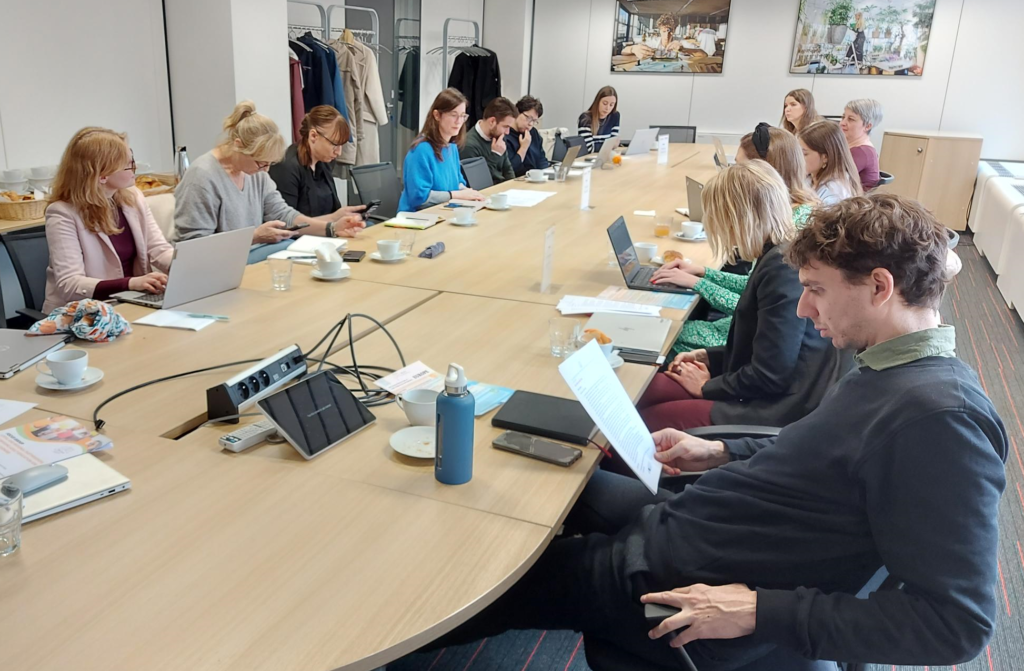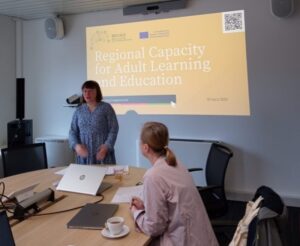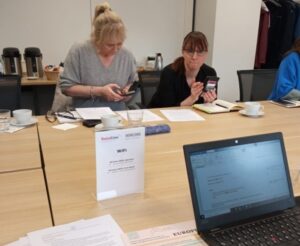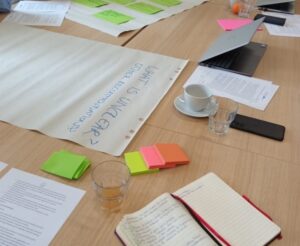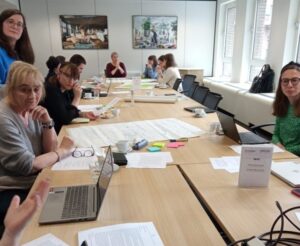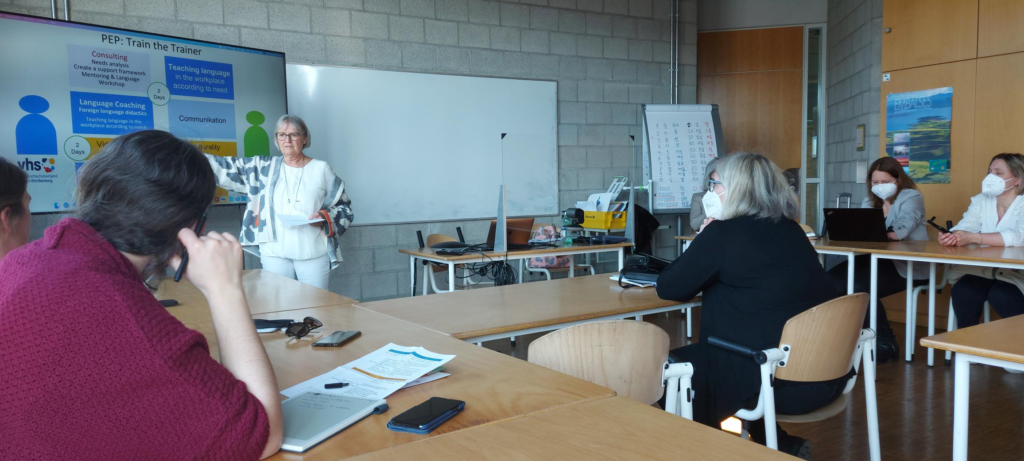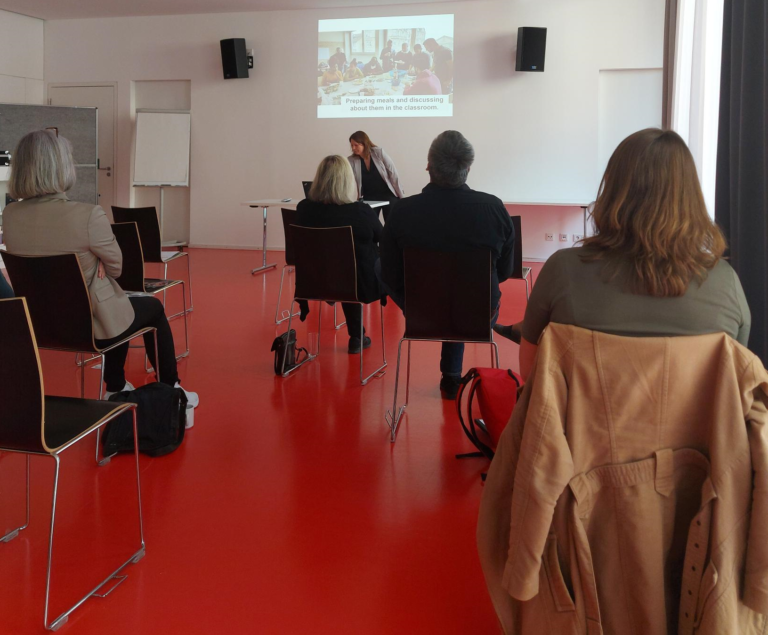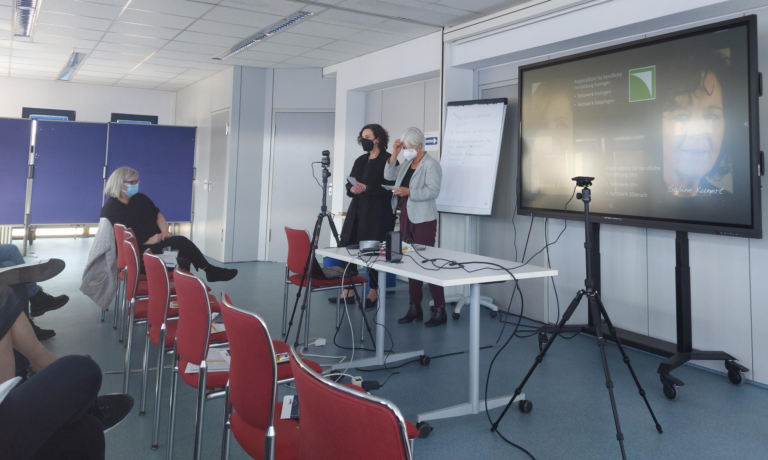RegALE in the Lifelong, Lifewide Learning (LLL) magasine [IT]

Article titled “Il capacity building tra politici e professionisti per l’evoluzione delle politiche regionali e locali del lifelong e del lifewide learning” was co-written by our Italian colleague Dr. Francesca Torlone.
This article was published on the EDAforum website and addresses the significant role of adult education institutions in promoting social inclusion and lifelong learning. The article discusses the role of universities in providing inclusive opportunities for diverse groups of learners and shares insights on the effective implementation of programs and policies that foster learning and social equity.
